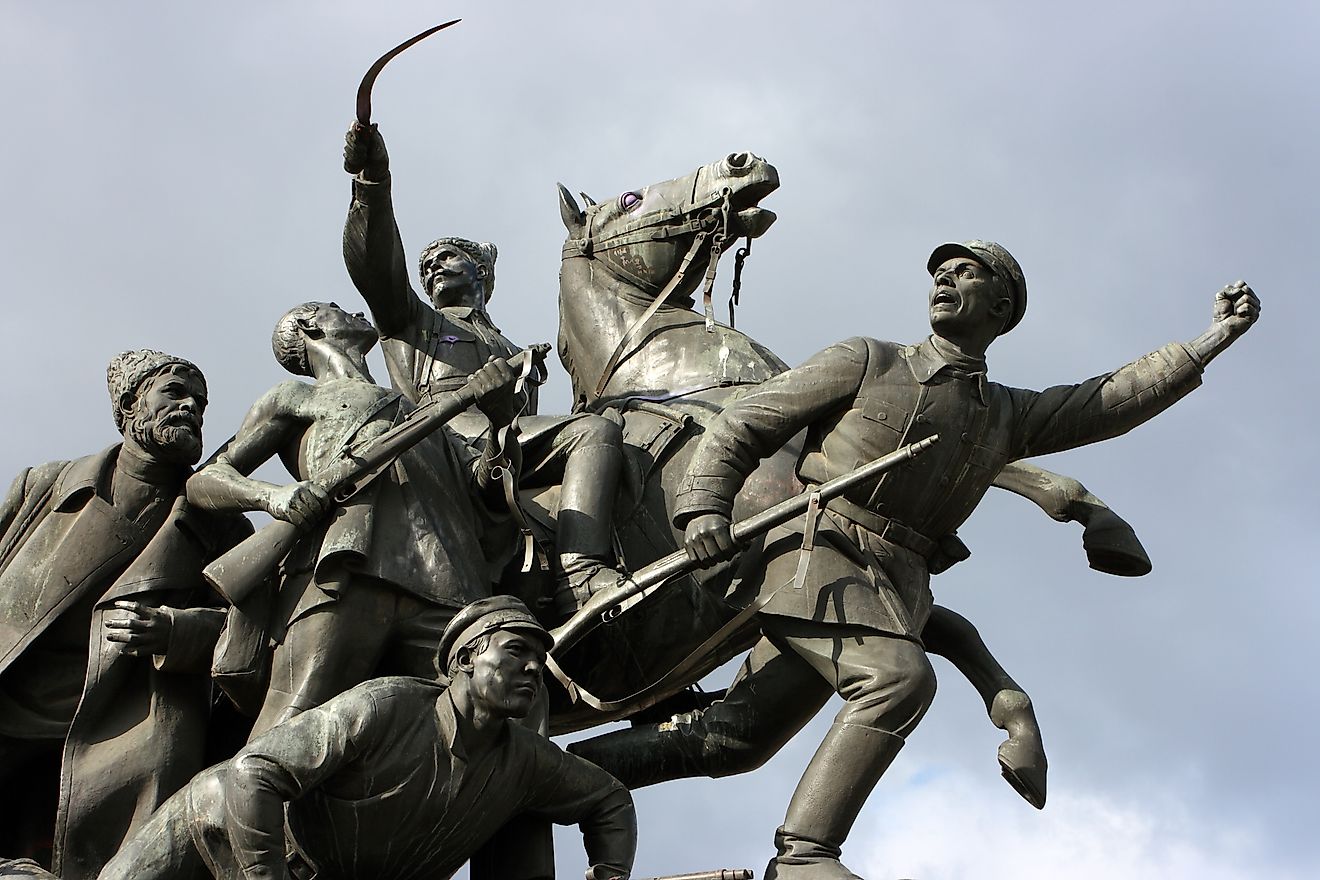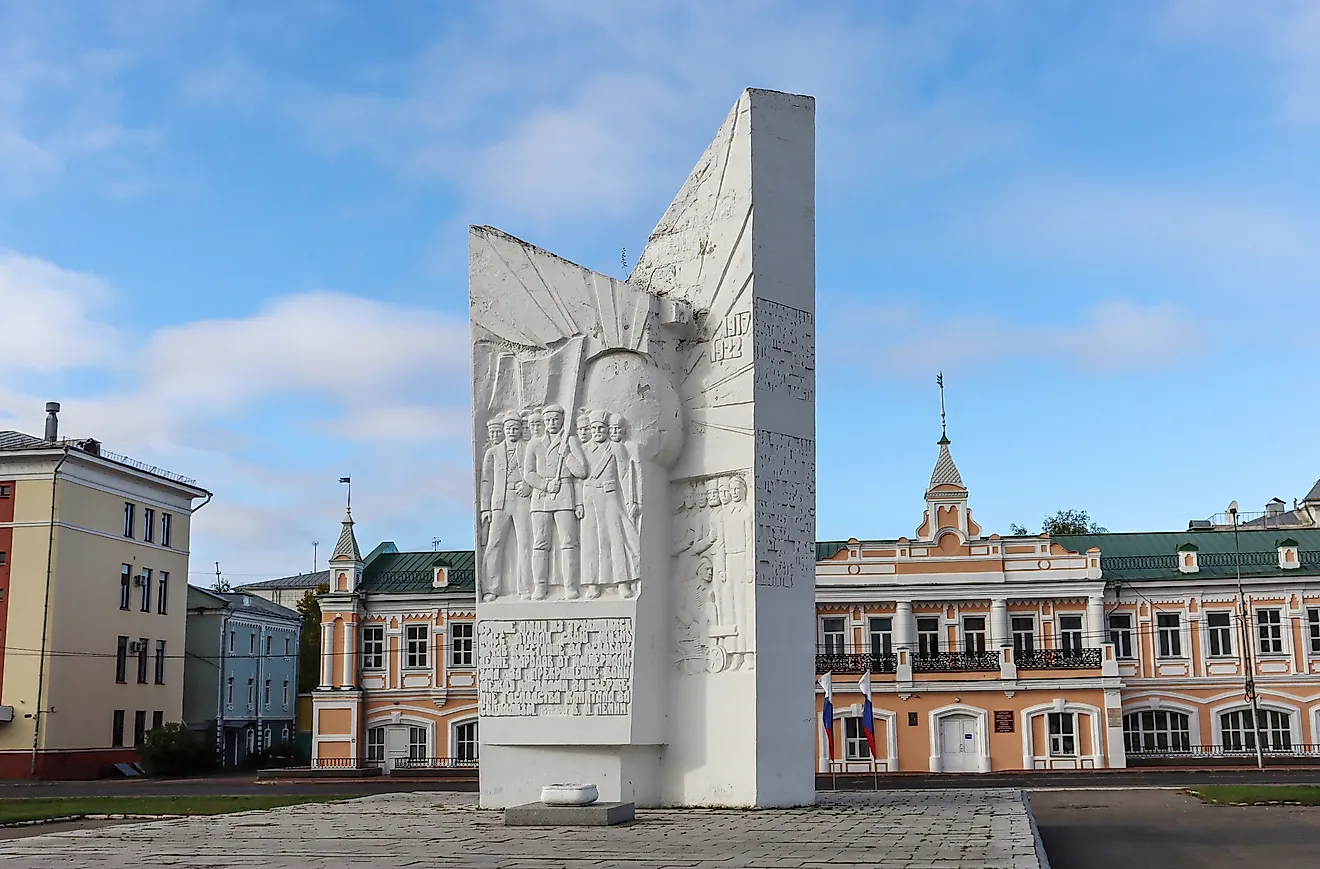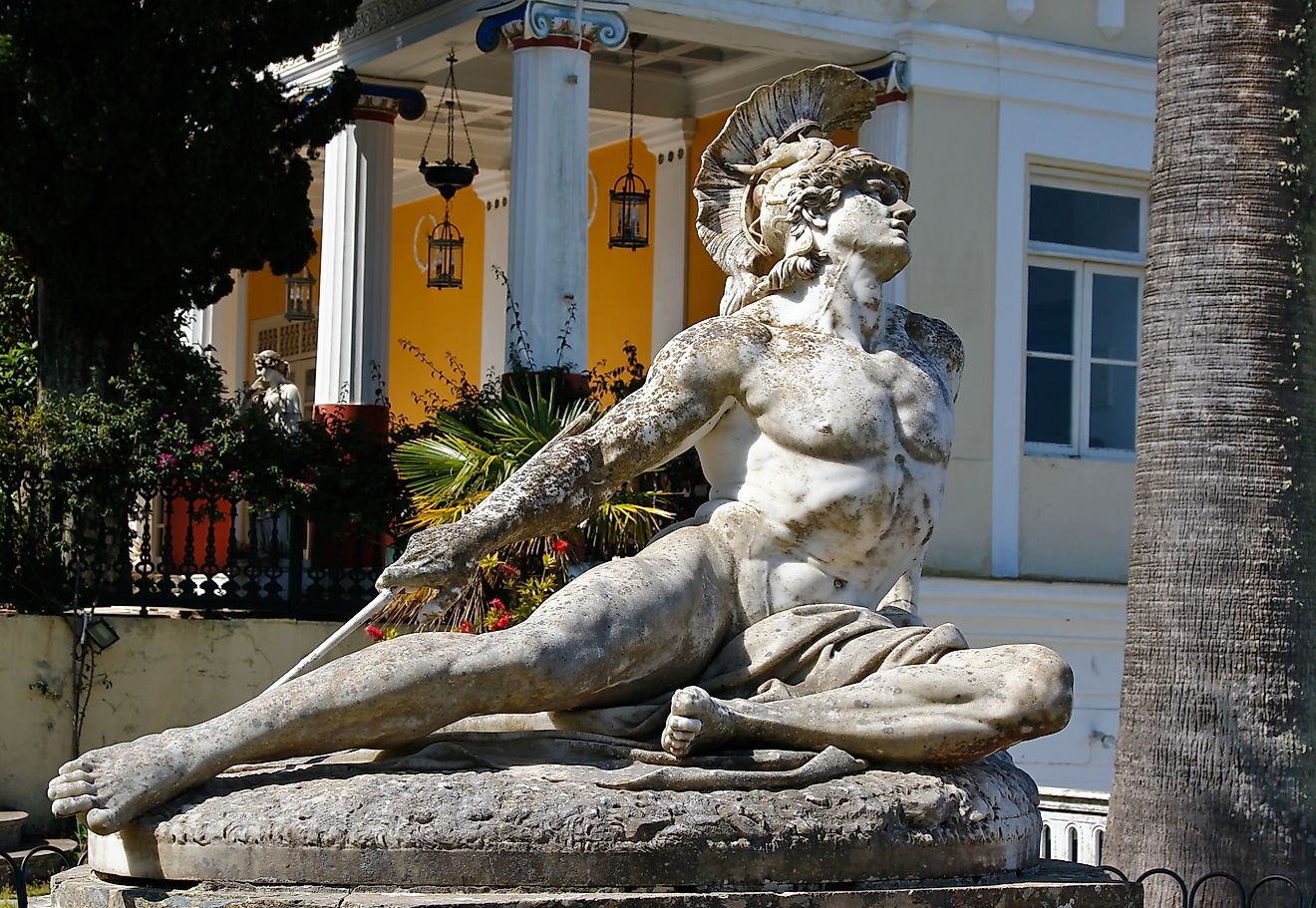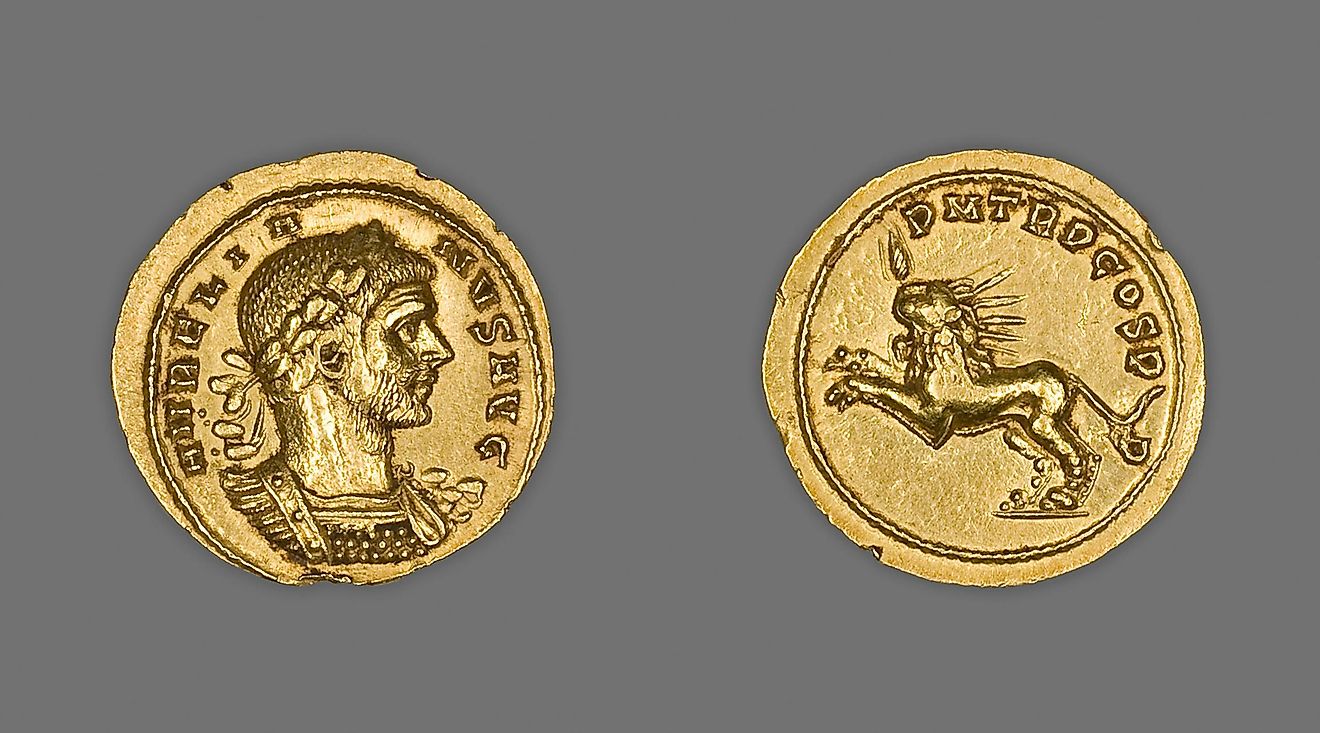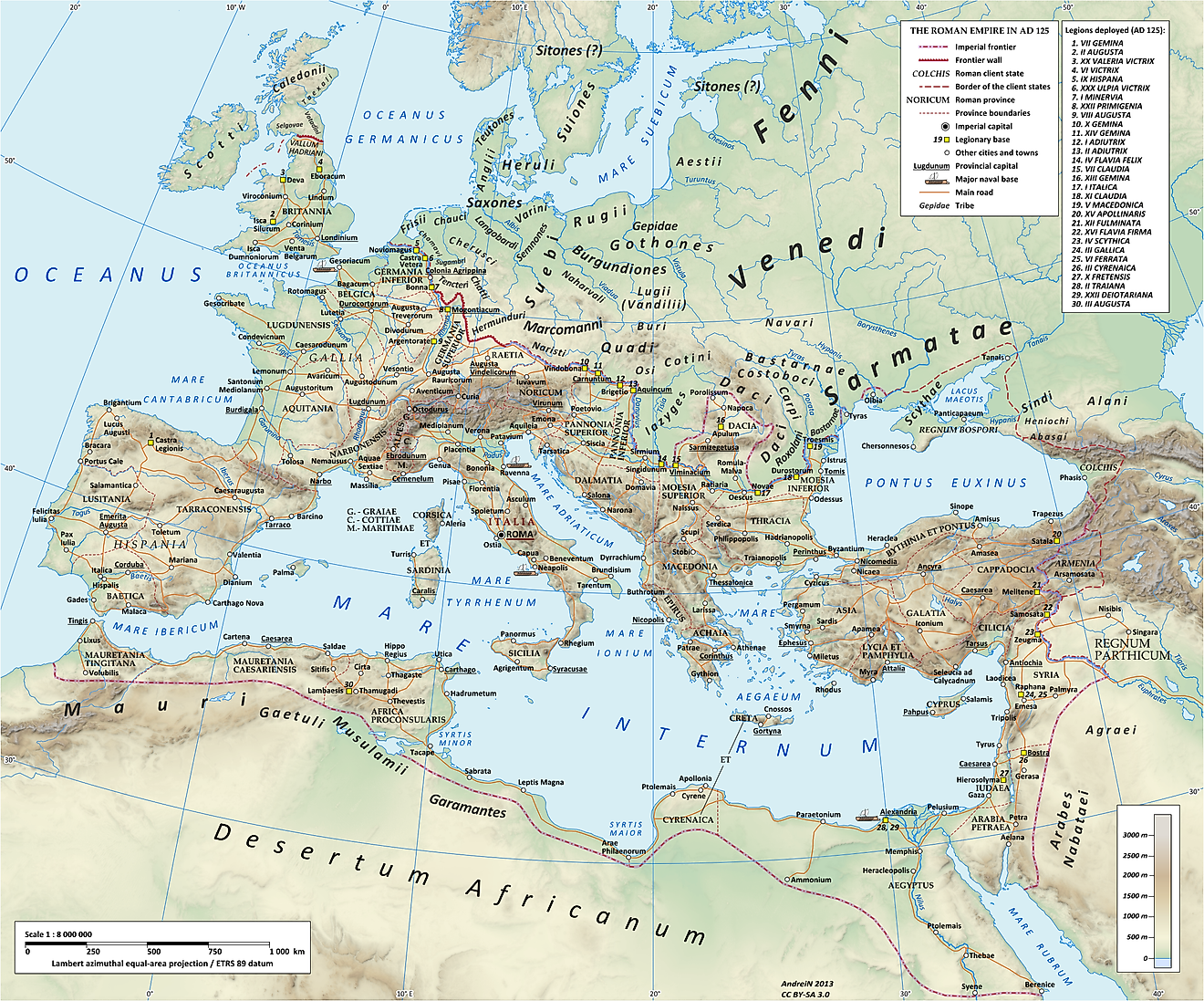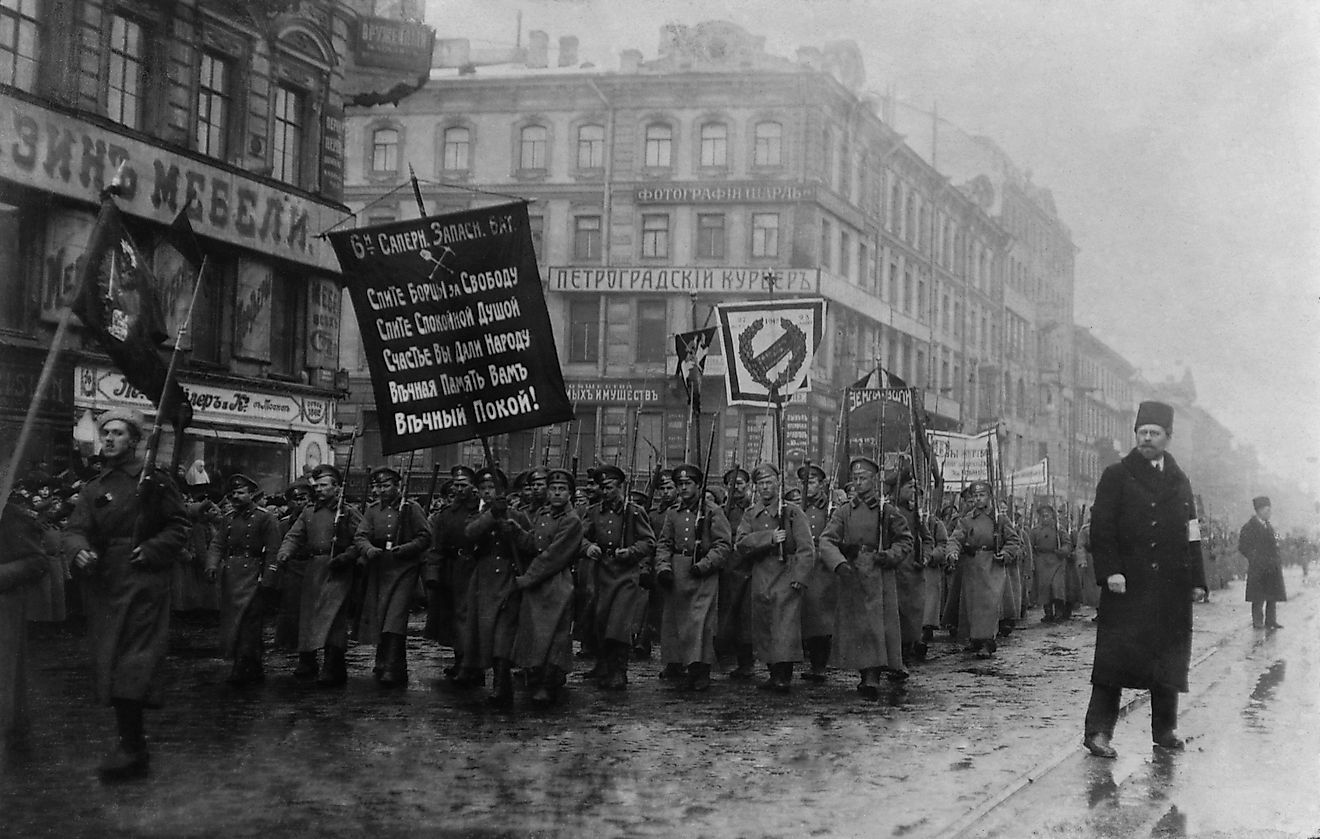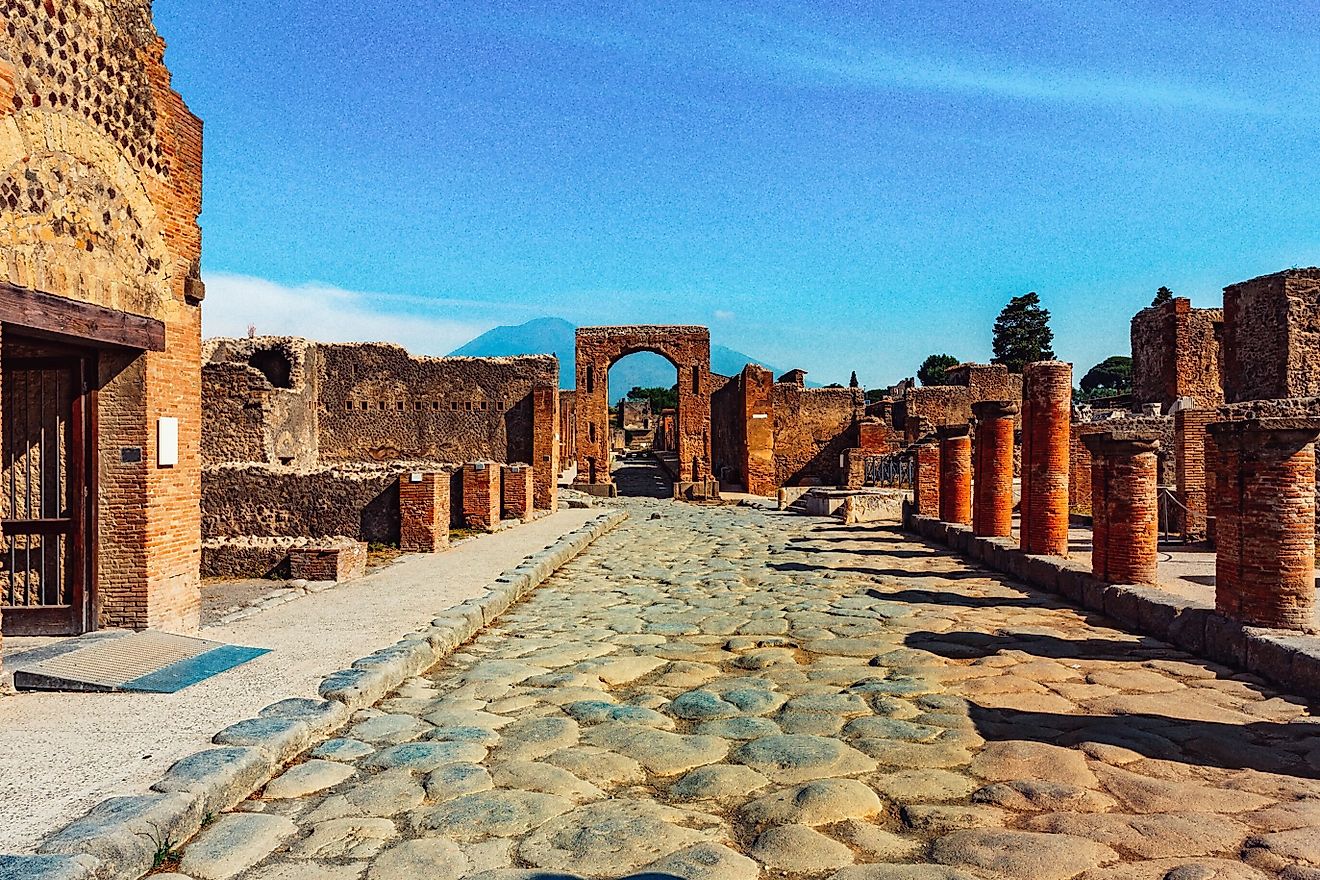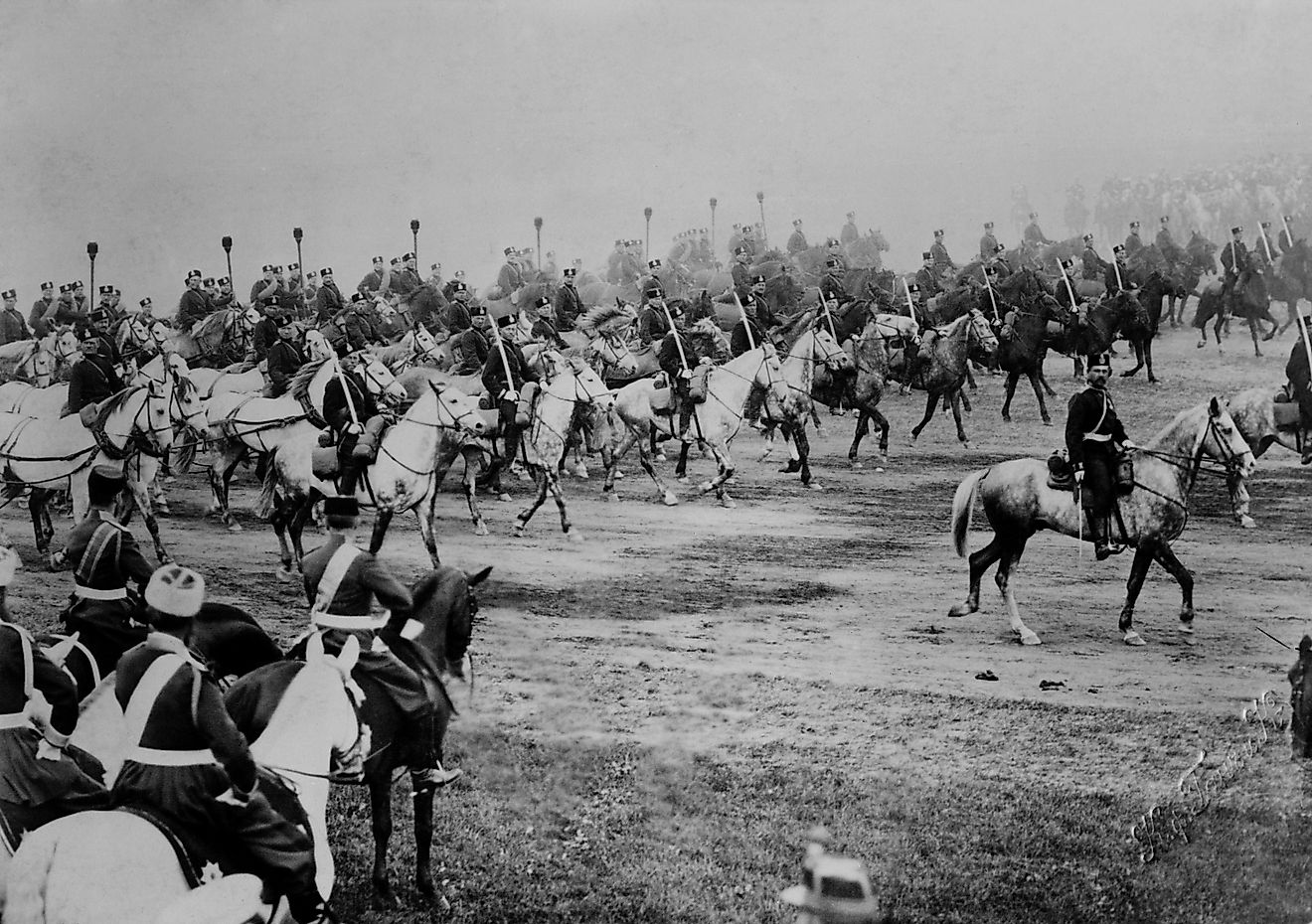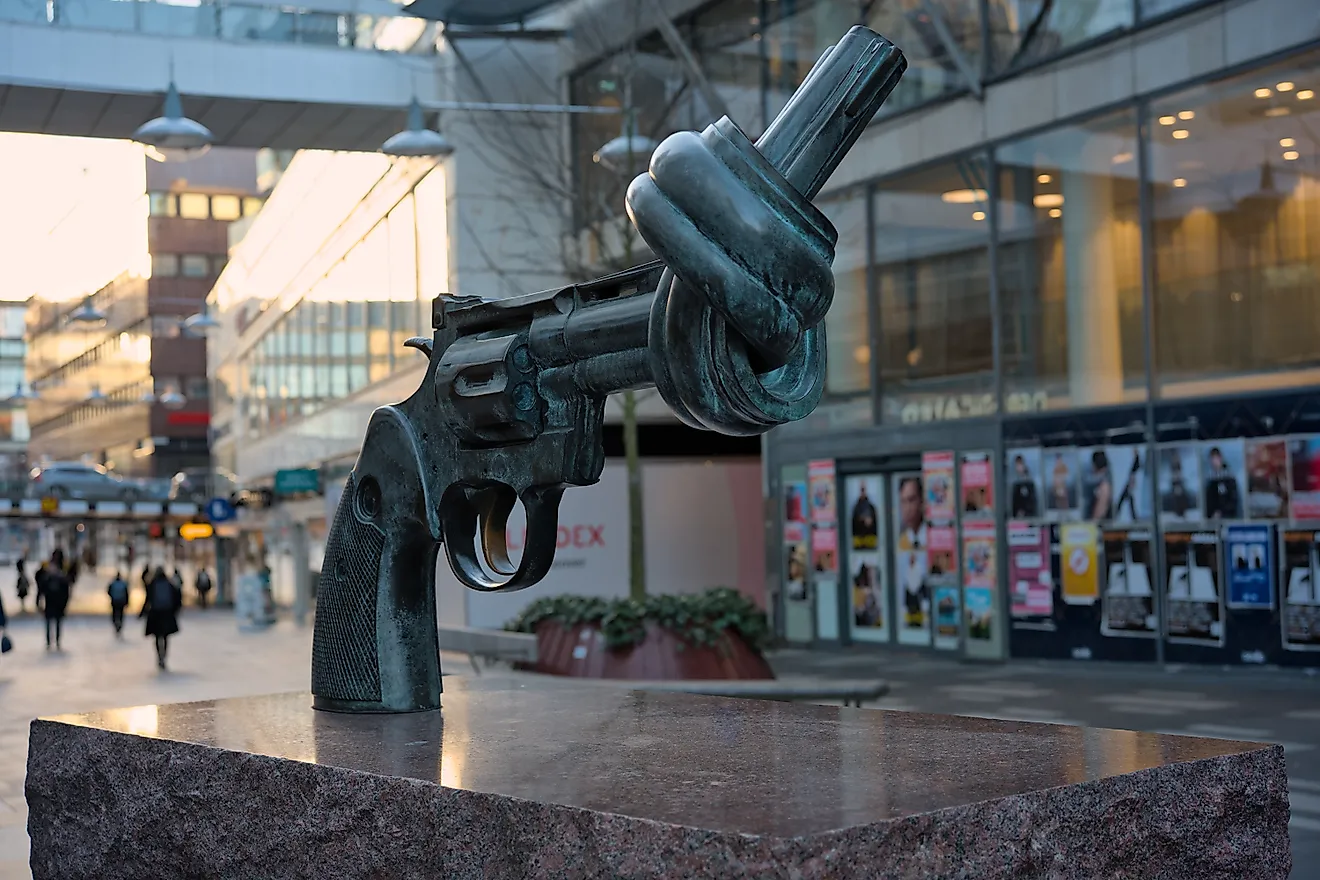
The Hundred Days (War of the Seventh Coalition)
Very few people in history can claim to have seized the throne of an empire, and fewer can claim to have done it twice. In the 18th century, the French populace toiled under the oppressive reign of flippant monarchs. The last king of France encountered a wave of retribution head-on and was decapitated by guillotine in 1793. The French Republic stood proudly atop the blazing ashes of the feudal government, and that momentum turned into chaos. Nations allied to the former crown riled at the idea of a peasant revolt and moved to bring stability, or seize land, in the name of divine rule.
In this violent fray, Napoleon Bonaparte created his legacy. He began by aligning himself with Jacobin revolutionaries, a political party that aimed to establish a government whose authority stemmed from the people. In great irony, Napoleon overthrew the very republic he had participated in establishing in November of 1799. This coup d’état stole the wind out of the French revolutionaries’ inertia because, in effect, Napoleon became the de facto Crown. The events that transpired afterward revealed a man who refused to relinquish authority and thus stole it again during the Hundred Days of 1815.
The Background

Before the second coup d’état in 1815, Napoleon anointed himself as Emperor in December of 1804. This was just a few years after dismantling the rule of the French Directory, a governing body of the early republic. This early republic had realized that the old vanguard of revolutionaries had gone too far, abusing the democratic process in the favor of mob rule. Trials were not being properly conducted, and innocents were being executed. After the state arrested and unsuccessfully tried Napoleon for treason, he regained popularity after defending the streets of Paris from Royalist forces in 1795.
By 1799, Napoleon was a hero in France after multiple victories and promotions. Internal forces of the directory led by Emmanuel-Joseph Sieyès aimed to further erode the stability of the French nation, and Sieyès needed Napoleon’s influence to secure that. In a dramatic twist, Napoleon agreed to aid Sieyès with this proposed coup but secretly plotted his own coup in order to override Sieyès. By June 18 of 1799, Sieyès was in command after having rival politicians removed from office.
The Coup

The plan was simple, albeit erratic in appearance. Napoleon’s brother, Lucien, persuaded the French Directory to evacuate due to concerns of a nonexistent rebellion. Therefore, the Directory granted Napoleon the emergency power to escort them to safety. In that shrouded period of time, Napoleon coerced three Directors into resignation. The next day, November 10th of 1799, Napoleon confronted the remaining officials in their council room. They mocked him, and Lucien and Napoleon staged a scene (with some sources suggesting that Napoleon injured his own face) to provoke soldiers to forcibly disband the council.
As the council was now adjourned, a group called the Council of the Ancients gave trifecta power to Napoleon, Sieyès, and a Director named Ducos. The commissions that the three formed established a constitution that deferred most of the power to Napoleon, paving the way for Napoleon to later declare himself Emperor. These astonishing events, which occurred within less than five years, demonstrate the character and will of this new Emperor.
The Napoleonic Era

On his newfound throne, Napoleon spent the next 16 years consolidating power in the French government, instituting social reforms, and defying the invasions of foreign enemies. His military strategies were nearly impenetrable and national loyalty seemed unwavering, but he had one weakness, he never knew when to stop. Armed with an unwavering faith in himself, Napoleon marched into Russia in pursuit of the Tsar’s retreating forces in September of 1812. On arrival in Moscow, he found the city burned and emptied and became aware of the trap that the Russians laid for him. Surrounded by enemy forces, the French army retreated through a brutal winter cold, suffering great casualties.
Many battles followed, and the loss of morale over this failure eroded the confidence his countrymen had in him. In March of 1814, Napoleon suffered defeat in a battle for Paris at the hands of a coalition consisting of Russia, Austria, and Prussia. They realized that seizing the man himself would be more difficult than turning his contemporaries against him, and they forced Napoleon to abdicate his throne on April 4th. Exiled to Elba a week later, the fall of Napoleon ushered in 33 more years of monarchs, which is a stain on the potential of the First Republic that he personally dismantled.
The Hundred Days

After these nations exiled him to Elba, Napoleon took note of the French public’s discontent with the new government, which was a copy of the failed monarchy of decades prior.
The bickering of the conquering parties (Russia, Prussia, and Austria) prevented them from deporting or assassinating Napoleon to safeguard against his potential return. Louis XVIII led the reestablished monarchy because the French Revolution had interrupted his potential reign. Napoleon reasoned that the mass release of prisoners of war, many of whom were veterans that ended up in Elba, alongside national dissatisfaction, created the perfect conditions to attempt a return. After nine months and 21 days in Elba, Napoleon and roughly 1,000 troops snuck around Royalist and British guard ships and landed in southeastern France. This tiny invasion grew momentum as Royalist soldiers switched sides instead of confronting the group, and loyal countrymen also volunteered. With 10,000 troops in his army, Napoleon entered Paris on March 10th of 1815 and proclaimed himself Emperor. Louis XVIII fled, and Napoleon pardoned the Royalists who stood against him.

Naturally, the foreign coalition could not stand that Napoleon overturned their efforts so rapidly. Diminished supplies and a weakened army presented immediate problems to the security of Napoleon’s administration. The movement did generate significant support in the French population, and over 250,000 conscripts bolstered his ranks by May of 1815. Four great powers consisting of Austria, Great Britain, Russia, and Prussia, agreed to contribute 150,000 men in opposition to Bonaparte’s unprecedented revival. Choosing an offensive stance, France aimed to strike at the heart of Belgium as a means to stir rebellion in Brussels and divide and conquer the unassembled armies. On the outskirts of Brussels, the French advance met resistance in the fields of Waterloo on June 16th, 1815. The first days of French victories proved deceptive, as heavy rains allowed the coalition to regroup and overpower Napoleon on the 18th. The confrontation saw the death or maiming of over 60,000 combatants, and the failed campaign ushered in Napoleon’s ultimate defeat. His abdication occurred on June 22nd after the coalition pursued him to Paris, thus ending the Hundred Days.
The Aftermath

The aftermath was decisive. On July 7th of 1815, Paris fell to the invading coalition. The following day, King Louis XVIII retook the throne, and the coalition imprisoned Napoleon on the island of Saint Helena until he died in 1821. After 20 years of revolution-fueled instability, the European powers finally won. Traditional powers ensured that no republic or clever upstart would rule a European nation, lest all monarchies become subsequent victims to democratic passions. However, the seeds of discontent had been sown, and three decades later the French monarchy transitioned to the Second Republic. Upstarts and dictators rocked the boat here and there, but today the French are in the era of the Fifth Republic.
Across the world, school systems in democratic nations teach children that great sacrifices and bloodshed are the cost of the current power and voice that citizens possess. In retrospect, it is clear that if Napoleon had never existed, surrounding powers and internal conflict could have easily dismantled the fragile First Republic. Although, it is evident that the lack of unity in the First Republic unintentionally catalyzed the events which led to the twice-exiled Emperor. During this Hundred Days that followed centuries of oppression, Napoleon accomplished the impossible, sparking terror in the heart of every great 19th-century European power.
